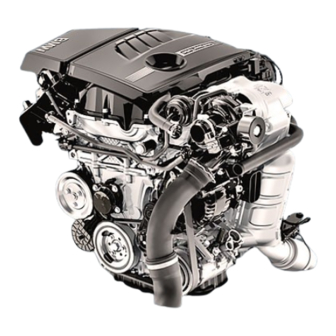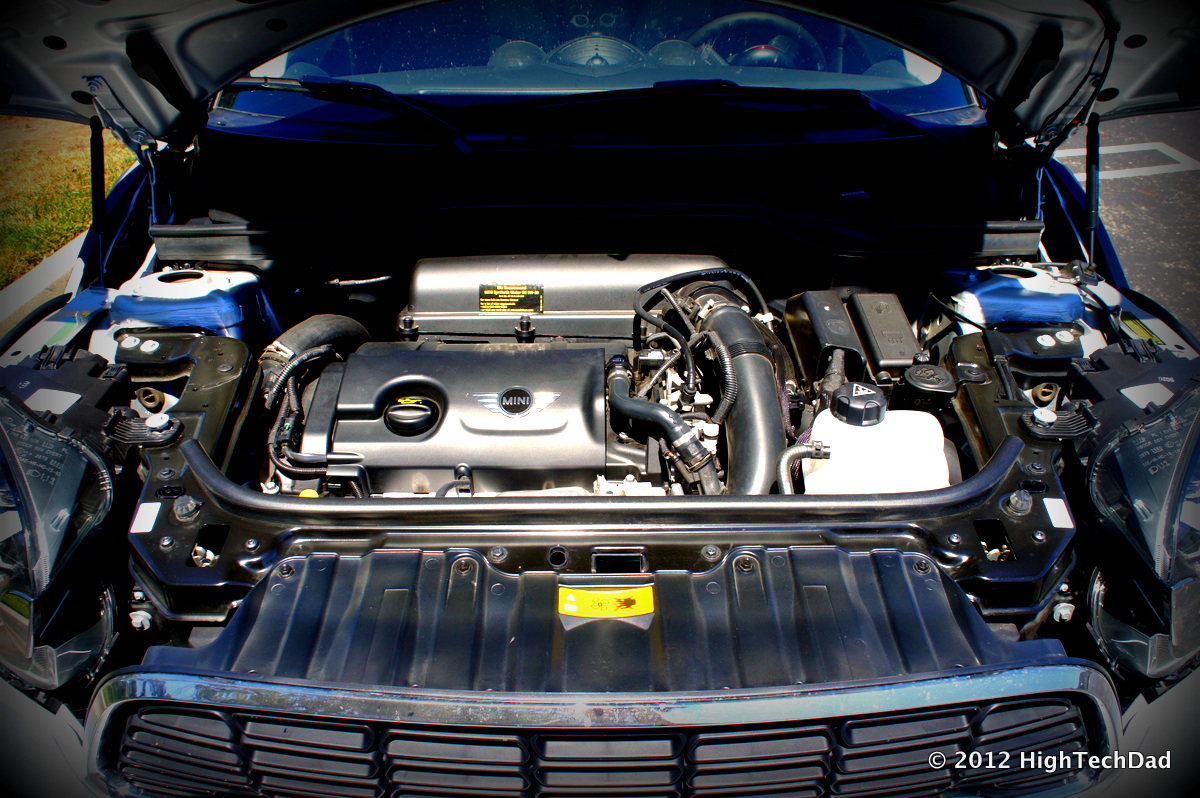When to Replace Your BMW N13 Engine for Optimal Performance
When to Replace Your BMW N13 Engine for Optimal Performance
Blog Article
Exploring the Performance and Specifications of the BMW N13 Engine: A Comprehensive Overview
The BMW N13 engine, presented in 2011, represents a significant advancement in auto design, defined by its turbocharged inline-four design and innovative innovation. With a capacity of 1.6 litres, it balances efficiency and performance, offering a notable series of horse power and torque fit for different BMW and MINI models. Nonetheless, comprehending its complete potential needs a more detailed exam of its specifications, capabilities, and the essential function of upkeep in making certain ideal efficiency. What insights can be amassed from an in-depth analysis of this engine's applications and reliability?
Summary of the BMW N13 Engine
The BMW N13 engine, which debuted in 2011, is a turbocharged inline-four powertrain designed to deliver both performance and performance. This engine is component of BMW's modular engine family and was largely presented in the BMW 1 Series and 3 Series designs, among others. With a focus on density and weight decrease, the N13 engine incorporates sophisticated design methods that boost its total performance.
The N13 engine utilizes a twin-scroll turbocharger, which optimizes airflow and reduces turbo lag, leading to a responsive driving experience. Its direct fuel shot system more adds to boosted gas economy and minimized discharges, aligning with contemporary environmental standards. The engine features a robust aluminum block and aluminum DOHC cylinder head, which advertises resilience while additionally decreasing weight.
Moreover, the N13 is made with an equilibrium of power and effectiveness in mind, giving enough horse power for spirited driving without jeopardizing gas intake. This twin emphasis makes it an appealing option for those seeking a vibrant driving experience in addition to practicality. Generally, the BMW N13 engine stands for an innovative blend of technology and efficiency, setting a criteria in its class.
Key Specifications and Attributes
With a concentrate on efficiency and efficiency, the BMW N13 engine flaunts impressive requirements that highlight its engineering excellence. This inline-four engine includes a variation of 1.6 liters and utilizes a turbocharger to improve power outcome while maintaining fuel effectiveness. The N13 engine is set up with a DOHC (Twin Expenses Camshaft) configuration and utilizes Valvetronic modern technology for variable shutoff timing, adding to ideal efficiency throughout various driving problems.
Secret requirements consist of an optimal power output of roughly 136 horsepower at 4,500 RPM and a peak torque of around 220 Nm offered from 1,250 to 4,300 RPM. This engine is created with a lightweight light weight aluminum building, ensuring lowered weight and enhanced thermal effectiveness. In addition, the N13 engine is suitable with both fuel and bio-fuels, permitting adaptability in fuel choices.
The engine is paired with either a 7-speed dual-clutch or a 6-speed manual automated transmission, allowing smooth equipment transitions and boosting the general driving experience - BMW N13 Engine. With these key specs and features, the BMW N13 engine exhibits a mix of performance, efficiency, and contemporary design, making it a notable selection in the automotive market
Performance Metrics and Capacities

The N13 engine features BMW's Double Scroll turbocharging innovation, which enhances throttle action and lessens turbo lag, offering a smooth power distribution. Its sophisticated straight fuel shot system optimizes combustion performance, adding to improved gas economy and reduced emissions, essential for meeting modern environmental criteria.

Applications in BMW Designs

In the 1 Series, the N13 engine sustains versions such as the 116i and 114i, supplying perky acceleration while keeping extensive gas economic climate. The engine's responsive turbocharging enhances the driving experience, making it ideal for city travelling and vibrant driving scenarios. In the 3 Collection, the N13 is made use of in the 316i variant, where it adds to an all-round performance profile that lines up with BMW's online reputation for stylish yet practical lorries.
Past these core designs, the N13 engine has actually likewise been included in different MINI automobiles, additionally showing its adaptability and effectiveness. The integration of this engine across various platforms highlights BMW's dedication to advancement and efficiency, ensuring that from this source consumers get a polished driving experience despite design choice. This adaptability notes the N13 engine as a substantial component of BMW's engineering profile.
Upkeep and Dependability Insights
Ensuring the durability and efficiency of the BMW N13 engine requires routine maintenance and interest to details components. Key areas that demand normal evaluation consist of the oil and cooling systems, as these straight influence engine performance and overall dependability. Engine oil should be altered at periods advised by BMW, normally every 10,000 to 15,000 kilometers, making use of top notch synthetic oils to protect against wear and deposits.
The N13 engine is likewise recognized for its turbocharged configuration, which requires mindful surveillance of the turbocharger's health. Regular look for increase leaks and wastegate feature can protect against potential failings. In addition, the timing chain should be examined regularly, as it is understood to experience wear gradually, which can bring about severe engine damage if not dealt with immediately.
Moreover, digital components and sensors should not be overlooked; routine diagnostics can help in recognizing any issues before they escalate. Complying with a structured maintenance schedule and using OEM components for replacements will substantially enhance the engine's integrity, guaranteeing that it remains a durable entertainer throughout its life expectancy. Inevitably, persistance in maintenance will not just maintain efficiency however also prolong the engine's functional life.
Conclusion
In verdict, the BMW N13 engine exemplifies innovative engineering with its turbocharged inline-four configuration, providing a mix of power and performance. Regular upkeep is vital for maintaining the engine's performance and longevity, ensuring it continues to be an affordable choice in the see page vehicle market.
The BMW N13 engine, which debuted in 2011, is a turbocharged inline-four powertrain developed to deliver both efficiency and efficiency.With a focus on performance and efficiency, the BMW N13 engine flaunts impressive specs that highlight its design excellence.Structure upon the remarkable requirements detailed, the efficiency metrics and capacities of the BMW N13 engine better highlight its toughness in real-world applications. In general, the BMW N13 engine showcases a compelling combination of efficiency and efficiency, making it a significant competitor in the compact engine section.
Making sure the longevity and efficiency of the BMW N13 engine needs routine upkeep and interest to details components.
Report this page